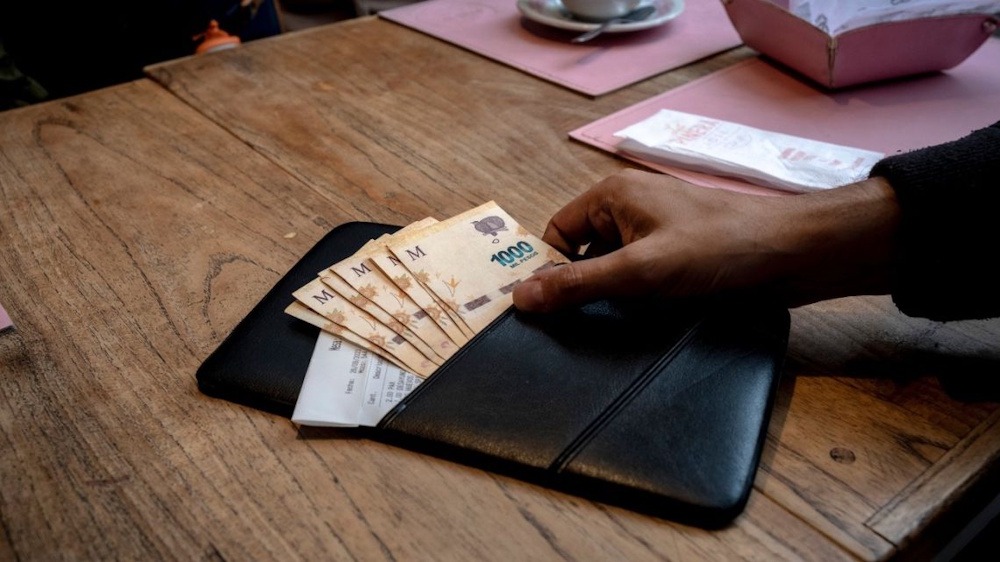On Wednesday, Argentine short-term interest rates surged as the government intensified its measures to protect the peso, exacerbating a liquidity crisis that is constraining an already vulnerable economy. The yield on local government Lecap notes due November 28 increased to 87 percent from 74 percent on Tuesday and from 51 percent at the end of last week. The recent surge occurred as the Treasury engaged in dollar sales for the seventh consecutive session, depleting a minimum of US$320 million, as per reports. In light of the escalating crisis in recent weeks, President Javier Milei’s administration has taken measures on multiple fronts to prevent a devaluation, including the reintroduction of certain foreign-exchange controls and engaging in dollar sales within the futures market. However, as the government increasingly intervenes to support the peso, it becomes increasingly evident that the existing exchange rate is not sustainable.
Milei aims to prevent a peso devaluation, as such an event would exacerbate inflation right before the midterm elections on October 26, during which half of the congressional seats are contested. Milei must secure backing in both legislative chambers to push forward his most formidable free-market economic reforms. “The market appears to be anticipating a foreign exchange regime shift immediately following the elections, indicating that as the date approaches, there will be increasing pressure on the exchange rate,” stated Santiago Resico, an economist. “The Treasury’s daily sale of substantial dollar amounts is evidently not beneficial.” The Central Bank, having depleted US$1.1 billion in reserves last month to support the currency, has increasingly depended on Treasury cash to maintain its stability in recent times. The total sales of Treasury securities have amounted to approximately US$1.8 billion over the last seven sessions. The Central Bank has the capacity to intervene in the market; however, such action is contingent upon the peso exceeding the trading band established in Argentina’s agreement with the International Monetary Fund.
The outlook for Argentina has worsened following Milei’s significant defeat in a local election in Buenos Aires Province in early September, coinciding with escalating economic difficulties and corruption scandals affecting several of his key associates. A commitment of assistance from the United States contributed to stopping the sell-off, yet it did not reverse the downturn. IMF Managing Director Kristalina Georgieva indicated that she anticipates a timely decision regarding new assistance. Currently, the prevailing base case scenario suggests that the government is expected to secure between 34 percent and 37 percent of the votes in the forthcoming election, as noted by economist Ivan Stambulsky in a report. In light of these conditions, Milei is anticipated to maintain governance through the use of veto and decree. However, legislators in the lower house Chamber of Deputies sanctioned a bill late Wednesday aimed at restricting the utilization of presidential decrees. The legislation, now back in the Senate for final endorsement after certain adjustments, may further constrain Milei’s capacity to implement reforms during the latter half of his term.
According to Paula Gandara, fluctuations in dollar sales and concerns surrounding the election have contributed to increased volatility in the bond market. Following a robust rally on Monday, notes maturing in 2035 experienced a decline of over a cent the subsequent day as the government persisted in injecting greenbacks into currency markets. Bonds experienced a decline across the curve for the majority of Wednesday; however, they rebounded in afternoon trading following the publication of Georgieva’s remarks. “Markets are advocating for a devaluation of the currency and the establishment of a free-floating exchange rate. No more bands, no more intervention,” stated David Austerweil. “It is inevitable that it will occur in some form.”

